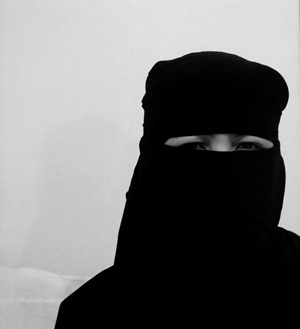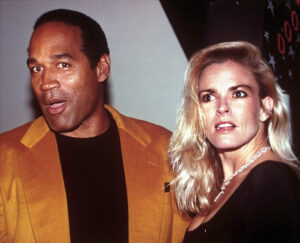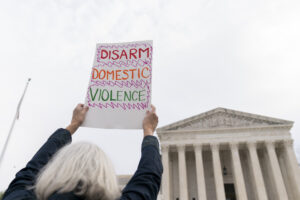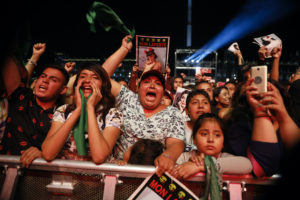Physical and Sexual Abuse Finally Illegal in Saudi Arabia
A law passed by the Saudi Arabian cabinet this week bans violence against women and children in the home as well as in the workplace. Such behavior, which up until now had been considered a “private matter” in the country, will be punishable with penalties of $1,300 to $13,000 and as much as a year in prison.
A law passed by the Saudi Arabian cabinet this week bans violence against women and children in the home as well as in the workplace. Such behavior, which up until now had been considered a “private matter” in the country, will be punishable with penalties of $1,300 to $13,000 and as much as a year in prison. Shelter as well as psychological and health support will also be provided for victims under the law.
Some activists, however, worry about its implementation. According to the BBC:
Suad Abu Dayyeh from the rights group Equality Now said the police and courts that would administer the law needed training programmes to adjust to it. She added that male guardianship — which still dominates relations between the sexes in Saudi Arabia — was likely to remain a major obstacle in enforcing the law.
Violence within the home against women and children used not to be discussed openly in Saudi society, but that has been changing recently.
A striking public information campaign against domestic abuse was launched earlier this year, featuring an image of a veiled woman with only her eyes visible — one clearly blackened. Underneath it said: “Some things can’t be covered up.”
The ban and campaign condemning violence against women are just a few indicators of progress being made in Saudi Arabia regarding women’s rights. Several other firsts have taken place in the last year or so: The king appointed 30 women to the advisory Shura Council and several female athletes represented the country in the London Summer Olympics.
—Posted by Natasha Hakimi
Your support matters…Independent journalism is under threat and overshadowed by heavily funded mainstream media.
You can help level the playing field. Become a member.
Your tax-deductible contribution keeps us digging beneath the headlines to give you thought-provoking, investigative reporting and analysis that unearths what's really happening- without compromise.
Give today to support our courageous, independent journalists.






You need to be a supporter to comment.
There are currently no responses to this article.
Be the first to respond.